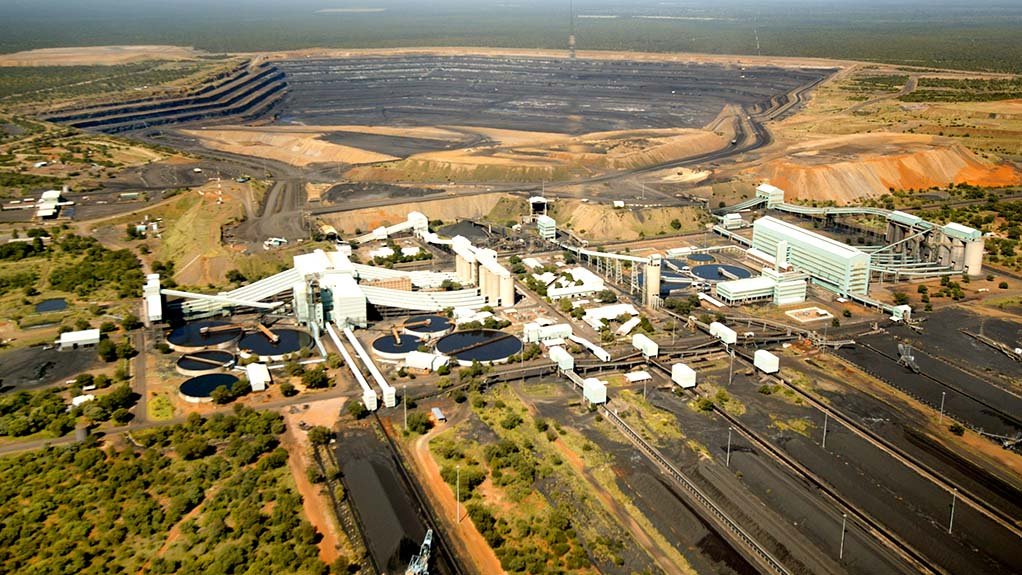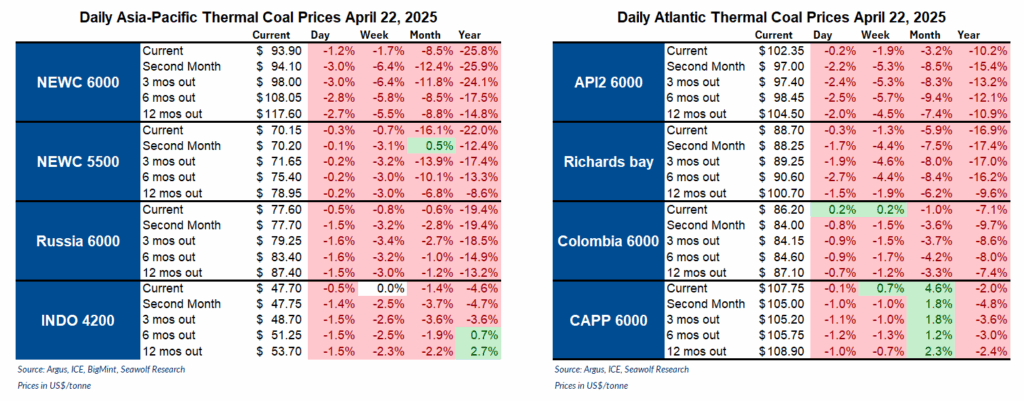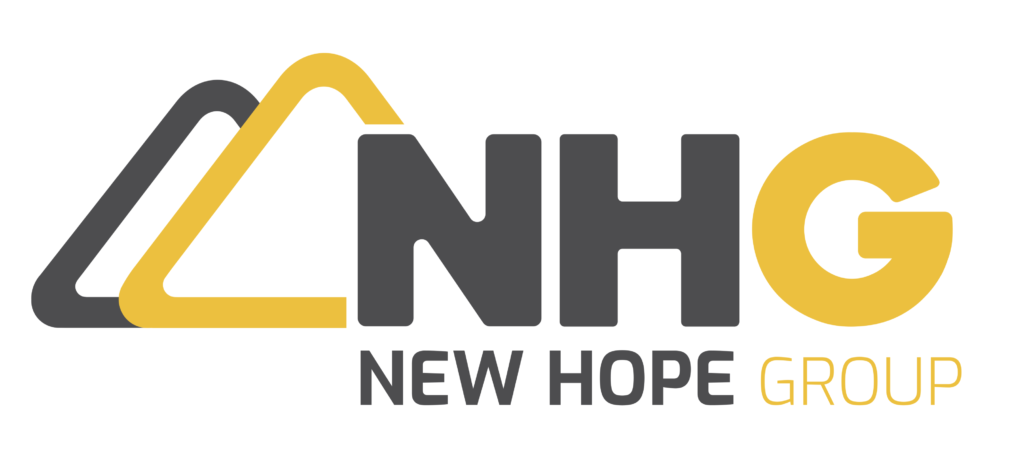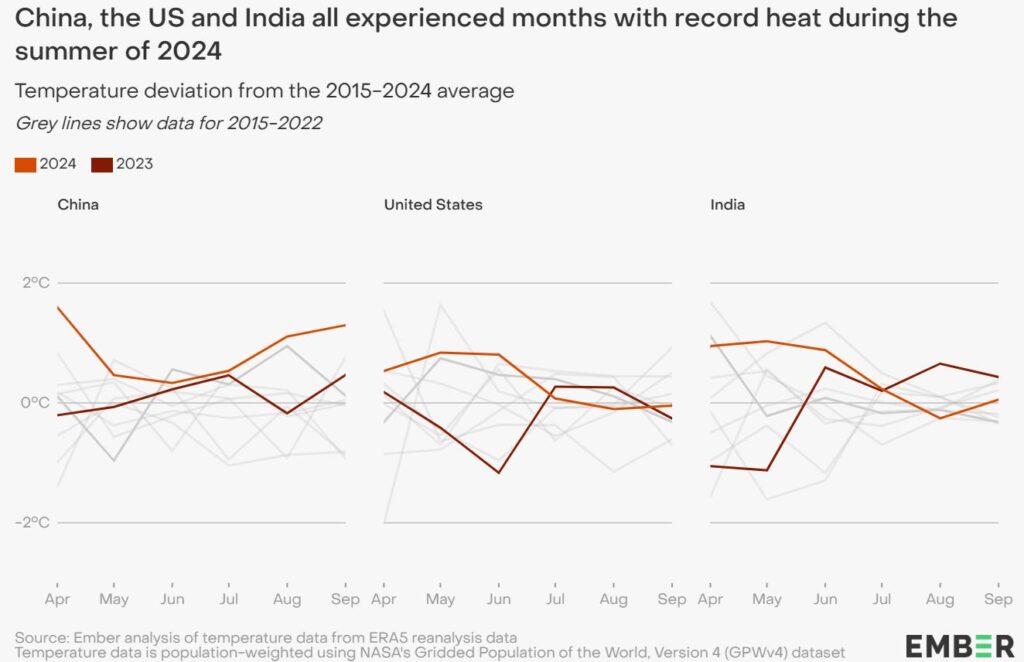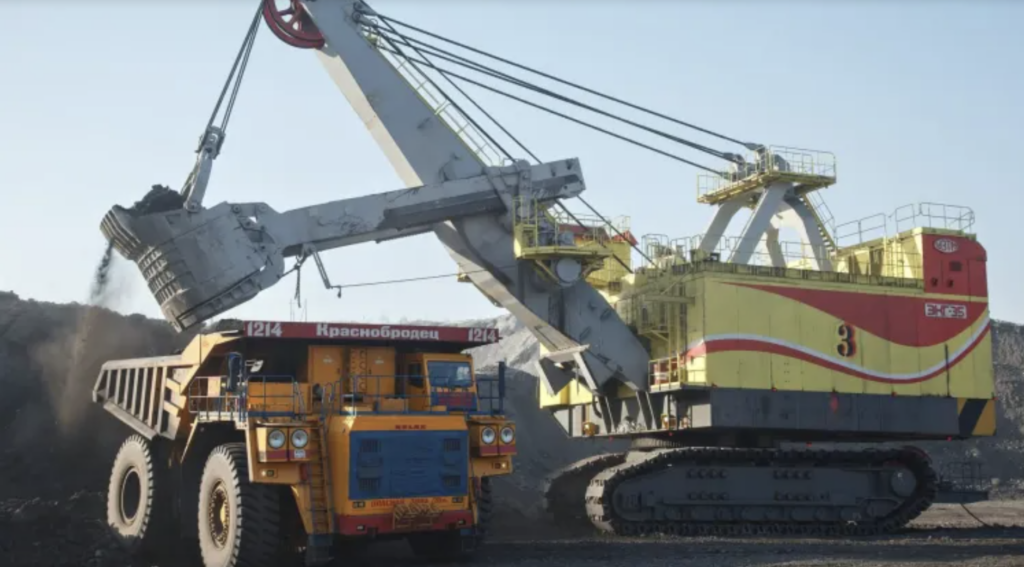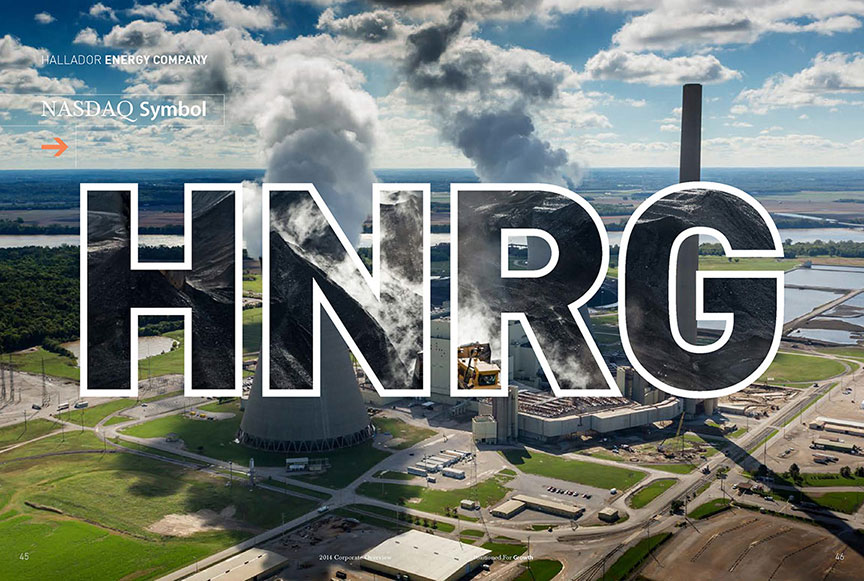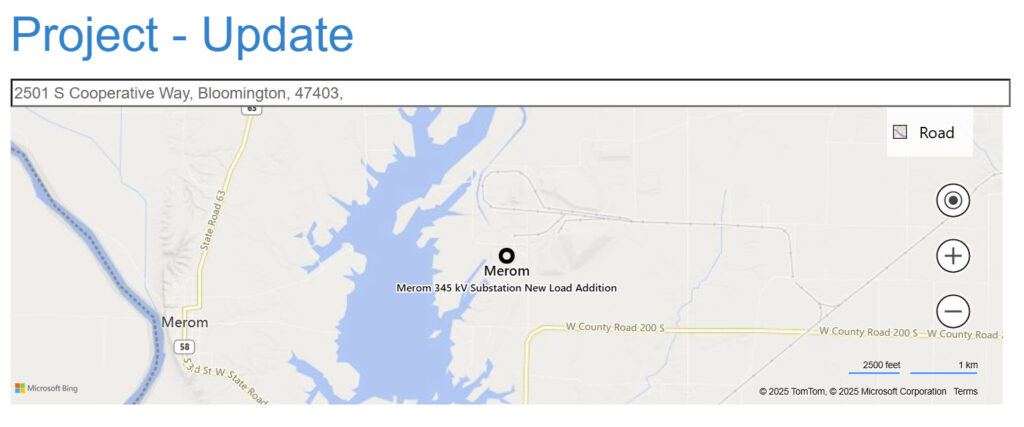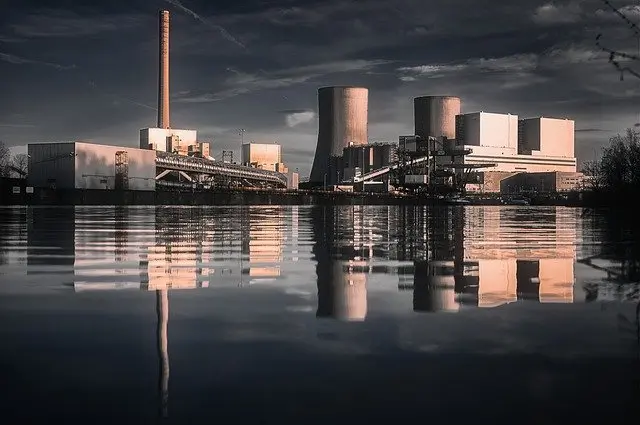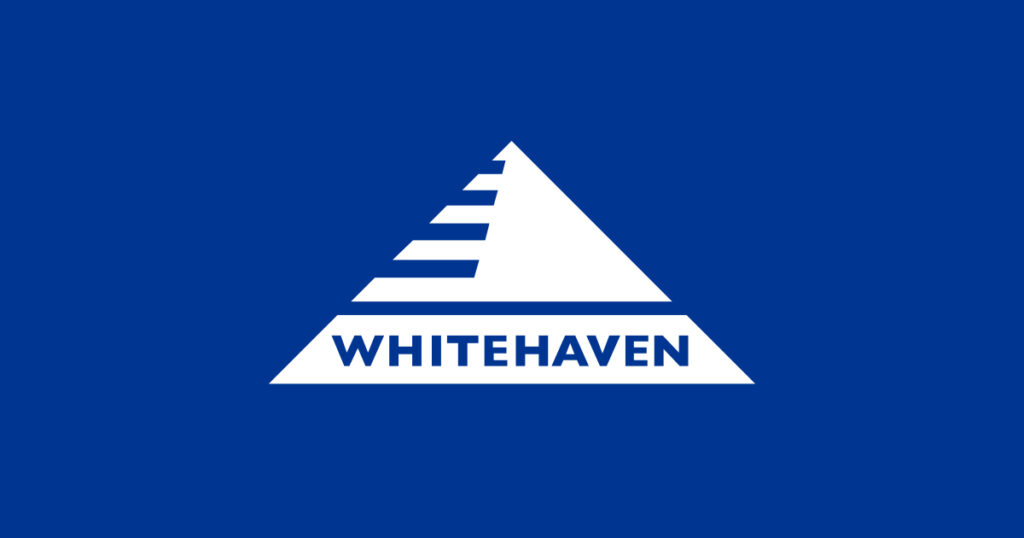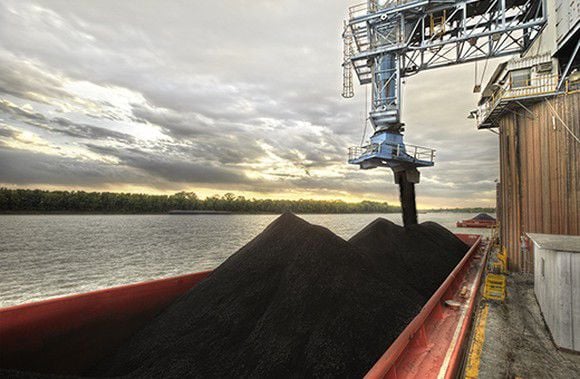EXXARO Resources could develop more of its coal resources in the event it failed to find assets for diversification.
The coal miner has been looking for non-coal assets since 2021, especially copper, vanadium and manganese, but it hasn’t yet acquired anything as yet. It recently decided to broaden its search to include other battery mineral assets and has set aside up to R12bn to R15bn for an acquisition.
However, Nombasa Tsengwa, CEO of Exxaro said she hadn’t discounted returning to existing coal resources, especially in the Waterberg of South Africa’s Limpopo province. “We still have reserves, such as Thabametsi; there’s a lot of power station coal there,” said Tsengwa in an interview in February.
“If someone were to come and wake me up in the middle of the night and say: ‘Would you consider it …?’ I don’t have an answer,” said Tsengwa.
Tsengwa said the board had not given her a mandate to look for more coal which means the company cannot replicate Thungela Resources’ strategy to seeking offshore resources. But last year’s World Economic Forum brought home the realisation that South Africa’s renewable strategy is hamstrung by its limited national distribution network, she said.
In addition, coal was given a more prominent role than expected in the country’s future energy roadmap following the publication of integrated resource plan (IRP) which was approved by Cabinet last year. Instead of aggressively phasing out coal, the IRP has taken a more moderate stance, recommending 18,000MW in coal-fired power generation by 2050 instead of the previous target of 10,000MW.
Exxaro bid for Khoemacau Copper, a mine in Botswana but the South Africans were beaten on price by China’s MMG. The extended time taken to diversify was potentially harming Exxaro’s investment case.
RMB Morgan Stanley analysts Brian Morgan and Christopher Nicholson say: “Were it not for the execution risk around M&A, the Exxaro investment case would be very strong; the coal business is cash generative at spot and coal price risk is asymmetrically upward skewed, the balance sheet is strong and notwithstanding an acquisition, cash returns could be very high. One can’t, however, ignore M&A execution risk, and this keeps us equal weight.”
Tsengwa says she’s braced for continued criticism on this front. “[Shareholders] will say I’ve failed to diversify, so stay in coal. They will say: ‘Give us that R12bn-R15bn you’re stashing away as a special divvy and get on with your life.’ I’m expecting that. But we will continue to convince them. We will look for assets.”
By: David McKay

